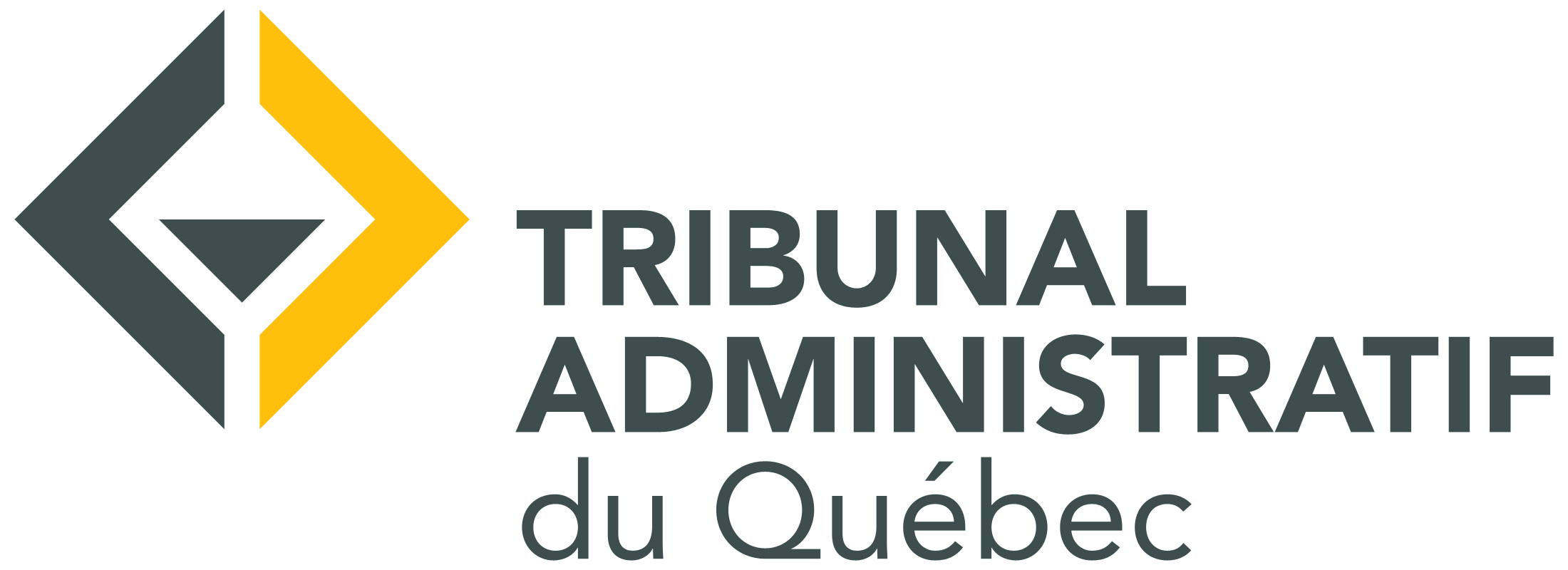Conduct of conciliation
Conciliation
Conciliation proceeds informally. Once the conciliator has clarified his or her role at the beginning of the session, he or she will invite you and the representative of the department, agency or municipality to give your respective points of view. He or she will encourage you to dialog and, if need be, will help you to have a discussion and to try to find a solution. There are no witness, cross-examination or even opening or closing arguments at a conciliation session.
Conduct of a conciliation session
During the conciliation session, the conciliator may also propose or agree to discuss certain points in private with you, or with the representative of the department, agency or municipality. This is called a caucus.
The conciliation session has no fixed duration. It may be adjourned so that you can obtain documents, consult an expert or consider offers which are made.
Since conciliation sessions take place in private, the public is not allowed in the room. In principle, they take place in the presence of the conciliator, the representative of the department, agency or municipality whose decision you are contesting, and any other person whose presence is useful or necessary in order to reach an agreement.
If you have a lawyer, he or she may speak on your behalf.
Date and time of your conciliation
You will receive a letter indicating the date, time and location of your conciliation.
If you cannot be present
If you cannot be present at the date and time determined by the Tribunal, you can make a written request, as soon as possible, to ask that the date be changed.
Your request must indicate the reasons why you cannot be present.
The Tribunal will decide if your conciliation is postponed (see to this effect the Institutional guidelines concerning postponements at the TAQ ).
).
How does conciliation end?
Conciliation may be terminated by a complete or partial agreement. It may also come to an end because you and the representative of the department, agency or municipality are unable to reach an agreement.
If you arrive at an agreement, your agreement must be in writing and signed. It is generally inscribed in a Tribunal document entitled “Conciliation Agreement".
You must abide by this agreement since it has the same value as a decision rendered by an administrative judge. This agreement puts an end to your proceeding.
If you arrive at a partial agreement, that is to say, if there is agreement on only some of the issues, you still have the right to proceed to hearing with respect to the matters which have not been resolved.
If no agreement is possible, you still have the possibility to proceed to hearing. In this case, the administrative judge who acted as conciliator cannot act as the judge at the hearing.
You may also choose to drop your proceeding. If you choose this option, you must discontinue it. In order to do this, you may send the Tribunal a signed letter informing it that you wish to terminate your proceeding or complete and sign the discontinuance declaration .
.
